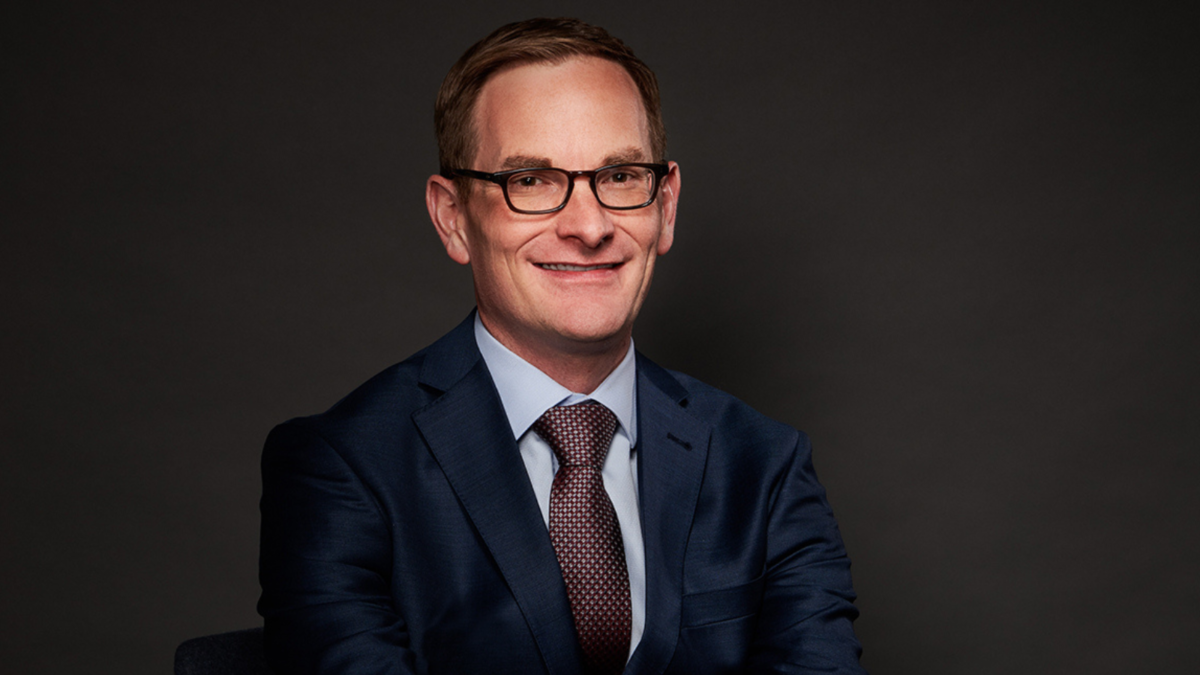Why instos really underperform (and don’t know why)
The reasons for the underperformance of institutional investors often seem a mystery even to themselves. Most of the time it’s easier to blame the ref – a market too crazy to navigate, an investment decision that falls foul of some unforeseen idiosyncratic risk – than own up to a bad play.
But the leading cause of underperformance or benchmark-like returns in Northern Trust Asset Management’s (NTAM) latest Risk Report was taking active risk in “historically uncompensated” areas like countries, sectors, styles and currencies.
Indeed, uncompensated risks in all institutions accounted for 46 per cent of all active risk, with stock selection risk following at 31 per cent and compensated style risk at 23 per cent. And while some of that uncompensated risk was taken intentionally, “(NTAM) found that many institutions were surprised when they saw the actual numbers”.
“In the current market environment, when investors are struggling with underperformance, outcomes that differ from intended results often cause confusion about how various – and often hidden – risks are impacting their portfolios,” said Michael Hunstad, NTAM global equities CIO (photo at top). “The number one question that institutions have when their portfolios don’t deliver expected outcomes is ‘why?’ By aggregating years of analysis… we are able to shed light on the causes.”
The “cancellation effect” – when investment managers within a portfolio take opposing positions that then offset each other, i.e. a three per cent overweight in one company and a three per cent underweight in the same – also saw deterioration in the ability to generate excess return.
Nearly 50 per cent of manager active risk was lost to the cancellation effect, according to the NTAM analysis, while institutions were paying 100 per cent of the manager fees – “effectively translating into paying two times more for each realised basis point of active risk than originally thought”.
The leading cause of the cancellation effect were portfolios built around the “style box”, containing a “diversified group of managers that, when combined, resulted in a portfolio that mimicked the benchmark but with a higher fee”. And while style tilts contributed an average of 33 per cent of active risk, some of those bets introduced “unintended risks that led to unpredictable portfolio outcomes”.
“Our research uncovered that 55 per cent of the portfolios had material style conflicts – caused by the cancellation effect – that introduced exposures different from the manager’s stated objective,” the NTAM analysis says. “These conflicting and unintended style exposures left many portfolios with no material exposure to their intended style tilts.”
Trying to “time” manager changes based on broad trends in active manager outperformance also proved costly, failing to generate further outperformance while also increasing costs, while over-diversification also diluted performance, with institutions hiring too many managers or building equity portfolios with “thousands of securities”.
“For example, relative portfolio active risk contributions from compensated style risks stayed relatively stable as more managers were introduced, while stock selection risk deteriorated rapidly. This means the main contribution these additional managers were making is lowering the chances of earning excess returns, while potentially increasing overall fees.”











